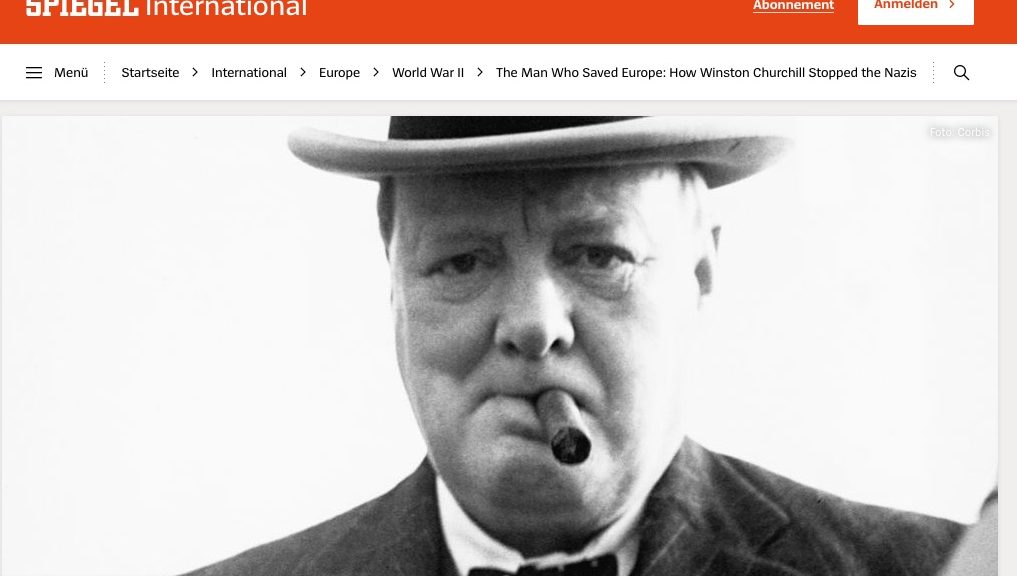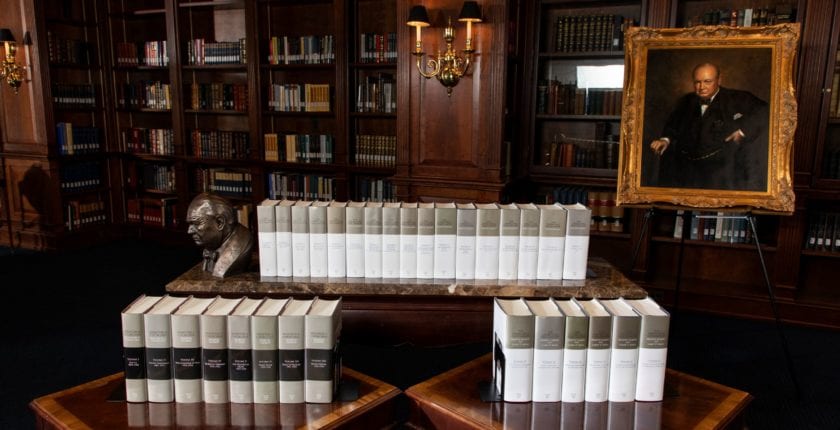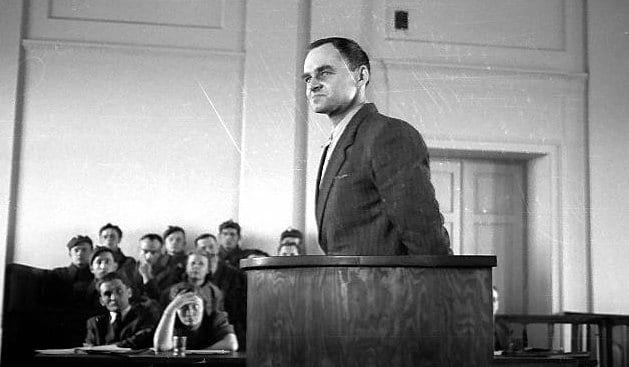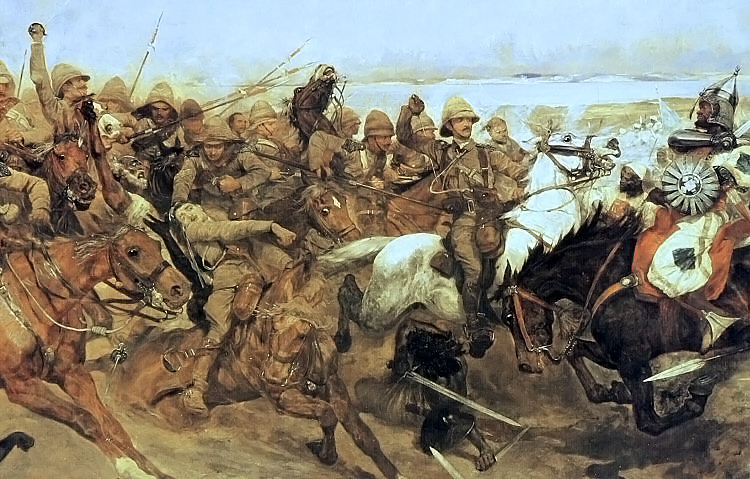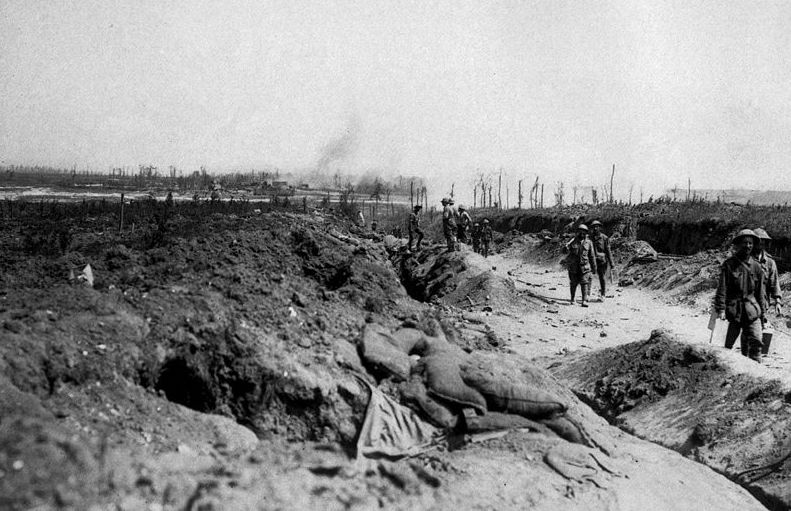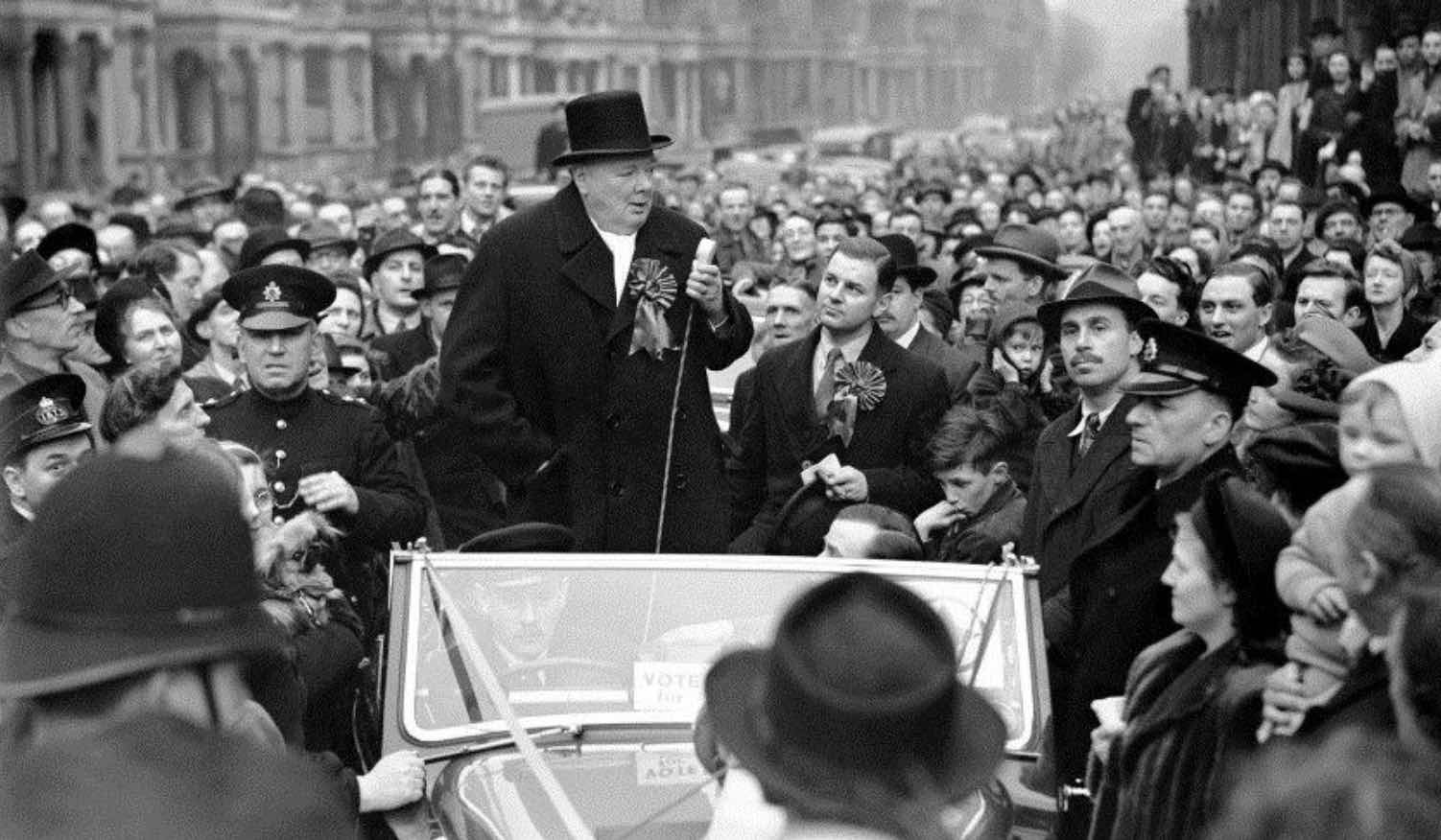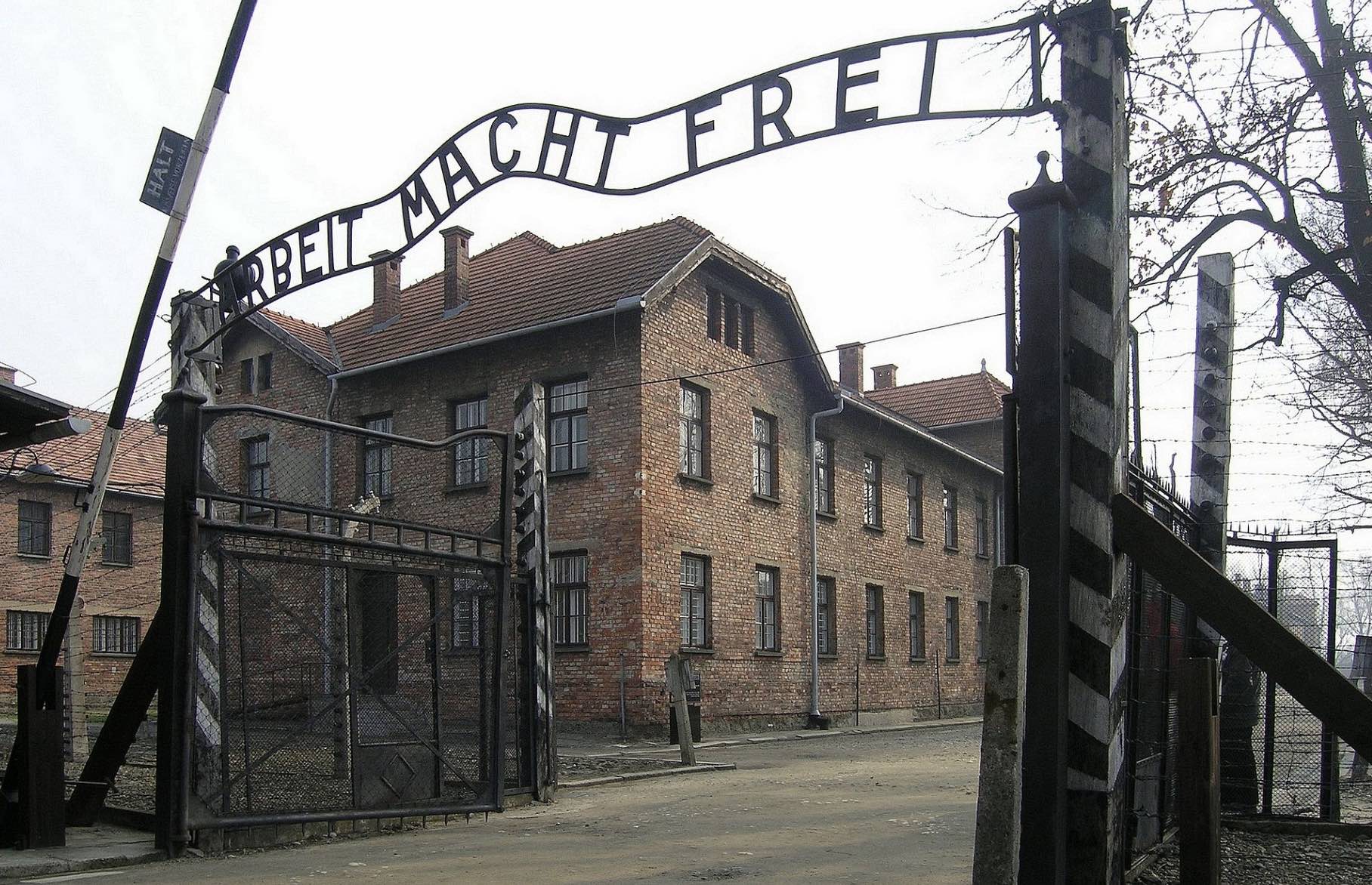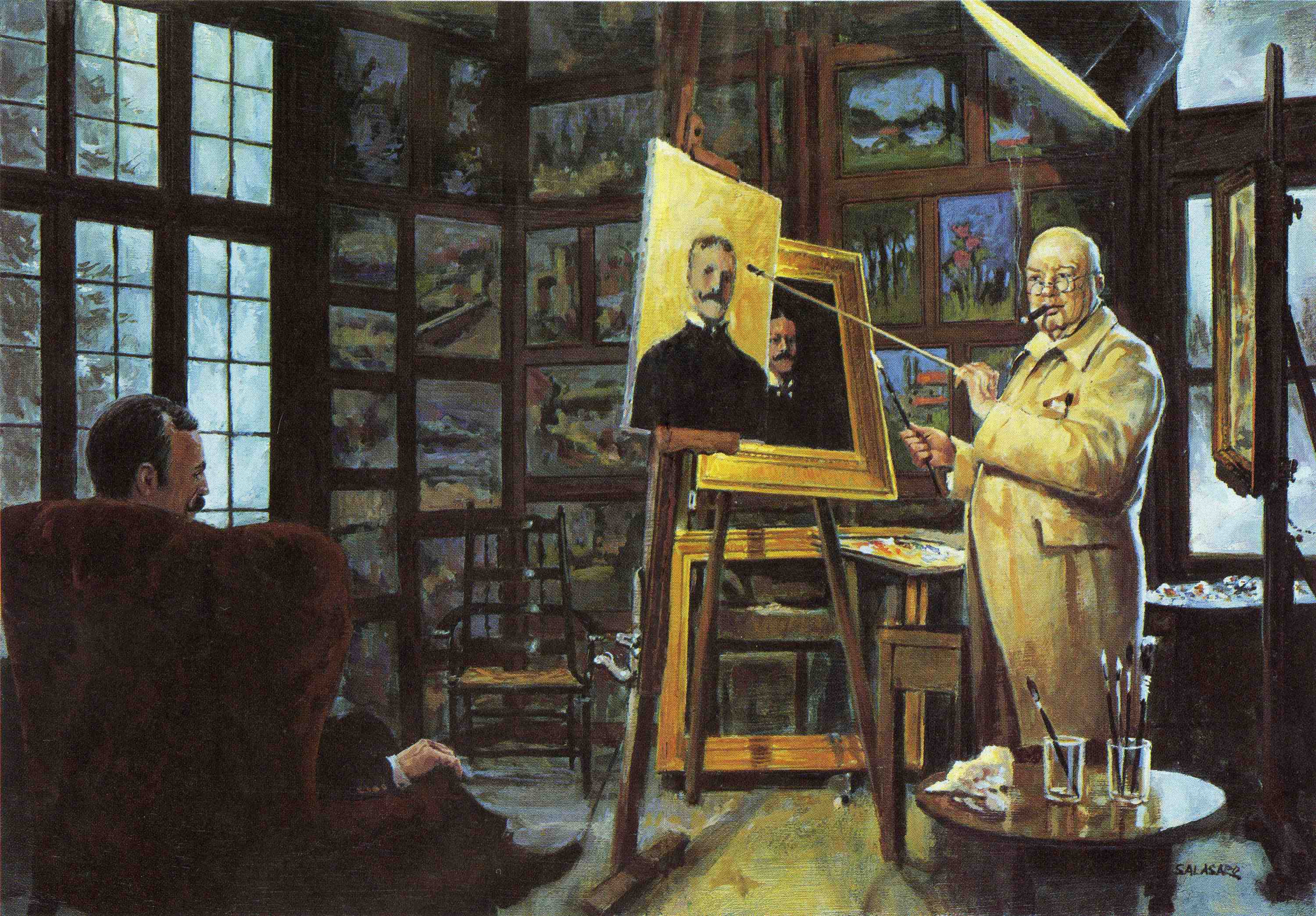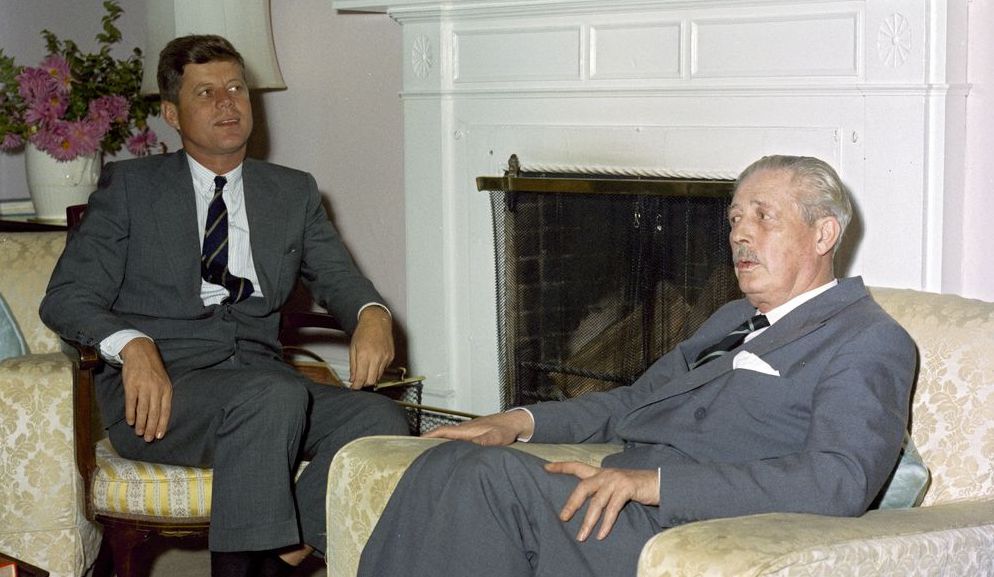
“Jaw to Jaw” Versus “Jaw-Jaw”: Supermac Still Owns the Latter
On 27 June 1954, Churchill was quoted as saying “jaw-jaw is always better than to war-war.” (William H. Lawrence, “Churchill urges Patience in Coping with Red Dangers,” The New York Times, page 1; and Walter Trohan, “‘Vigilance and Time’ Asked by Churchill,” Chicago Daily Tribune, page 1. Did Churchill say this? —M.D.
No. From my Definitive Wit of Winston Churchill, page 37:
“Meeting jaw to jaw is better than war.” —1954 Commonly misquoted as ‘Jaw-jaw is better than war-war,’ an expression coined four years later by Prime Minister Harold Macmillan, on a visit to Australia.…
